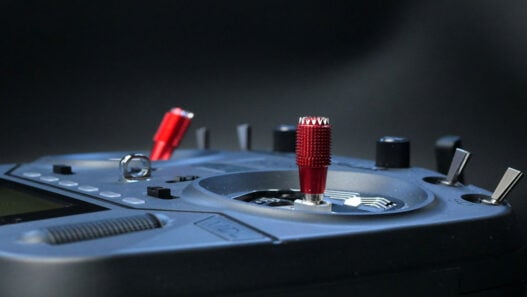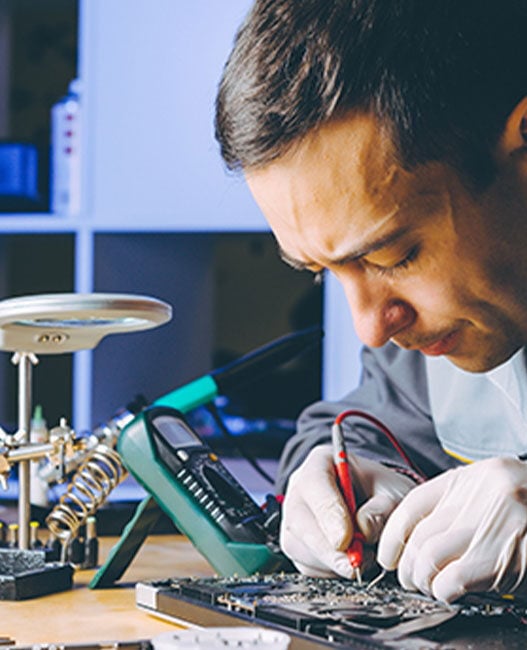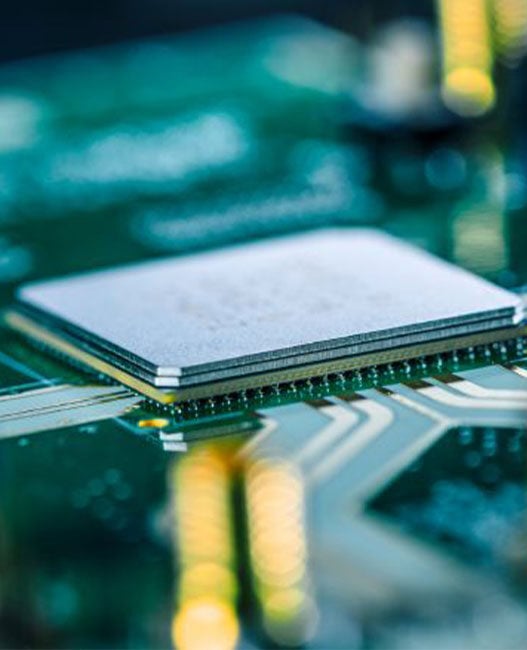In the rapidly evolving electronics manufacturing industry, staying abreast of the latest standards and techniques is crucial for professionals aiming to ensure the quality and reliability of their work.
This guide delves into the various IPC electronics training programmes available, providing insights into what each entail and how they can bolster your professional capabilities.
Introduction to IPC training
IPC – the Association Connecting Electronics Industries – is a global trade association dedicated to furthering the competitive excellence and financial success of its members who are participants in the electronics industry. It achieves this by developing standards and certification programs that cover every stage of the electronics product development cycle.
Key IPC training programmes
IPC-A-610: Acceptability of Electronic Assemblies
Often referred to as the ‘gold standard’ for electronics assembly quality, IPC-A-610 training provides comprehensive guidelines for the assembly and soldering of electronic components. This programme is essential for quality assurance managers, assembly technicians, and inspectors seeking to ensure their products meet industry-accepted levels of workmanship.
IPC/WHMA-A-620: Requirements and Acceptance for Cable and Wire Harness Assemblies
This programme sets the standard for cable and wire harness fabrication and installation. Participants learn about the critical quality benchmarks for crimping, securing, and soldering wire harnesses. It is ideal for assembly technicians, quality supervisors, and anyone involved in the cable assembly and installation process.
IPC-7711/7721: Rework, Modification and Repair of Electronic Assemblies
Offering guidelines for the rework, repair, and modification of printed circuit boards and electronic assemblies, this training is crucial for technicians responsible for maintaining the functionality and longevity of electronic products. It covers techniques for component removal, replacement, and salvage operations.
IPC-A-600: Acceptability of Printed Boards
This training programme focuses on the quality and acceptability of printed circuit boards (PCBs). It is designed for PCB designers, manufacturers, and quality control personnel, detailing the standards for PCB workmanship, with an emphasis on identifying and addressing defects.
IPC J-STD-001: Requirements for Soldered Electrical and Electronic Assemblies
Known as the ‘Soldering Standard’, this programme provides guidelines for soldering processes and materials, including lead-free soldering. It is essential for operators, inspectors, and engineers involved in soldering tasks.
Benefits of IPC training
- Enhanced quality and reliability: IPC training equips individuals with the knowledge to improve product quality and reliability, significantly reducing rework and failure rates
- Industry recognition: certification demonstrates a commitment to excellence and is often required by employers in the electronics manufacturing sector
- Career advancement: acquiring IPC certification can lead to better job opportunities, higher salaries, and recognition as an expert in your field
How to get started
- Identify your needs: determine which IPC certification aligns with your career goals or your organisation’s requirements
- Choose a training provider: select an IPC-licensed training and certification centre. Many offer both in-person and online courses to accommodate different learning preferences
- Prepare for certification: engage with the course materials, participate in hands-on training sessions, and take advantage of study guides and practice exams
Conclusion
IPC electronics training programmes are invaluable resources for professionals seeking to advance their skills and knowledge in the electronics manufacturing industry. By choosing the right programme and achieving certification, individuals can significantly contribute to the quality and success of their organisations while advancing their own careers in this dynamic field.

















